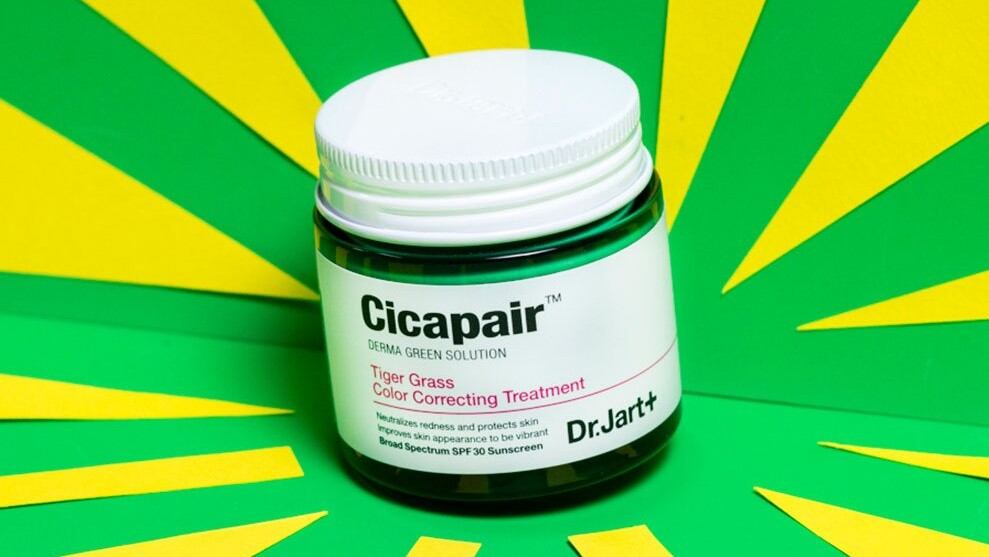1 – From Asia to the world: Why the next wave of niche fine fragrance brands will come from Asia
The unwavering appetite for niche perfumes and brand mastery of digital communication are some of the reasons why we can expect more niche fine fragrance brands from Asia vying for the international spotlight.
In the last decade, the fragrance market has been disrupted by the arrival of niched fragrance brands such as Byredo, Le Labo, Diptyque, and Jo Malone.
While the big brands may still dominate, they are facing stiff competition from these so-called cult brands as consumers lean towards a more personalised and intimate fragrance experience.
In 2019, Estée Lauder Companies reported that its fragrance category benefited greatly from the growth of Jo Malone, Le Labo and Tom Ford, which pulled in net sales of approximately $81m.
2 – Accelerating recovery: Kao outlines plans to raise cosmetics business back up to pre-pandemic levels by 2023
Japanese conglomerate Kao Corporation is working to put its cosmetics division back on a path of high growth with a series of moves including ‘structural reform’ and ramping up marketing spend.
The firm’s cosmetics business suffered net sales losses of 14.7% on a like-for-like basis and its operating margin fell by 5.9% – a consequence of the pandemic impacts in Japan and Europe.
The impact on the cosmetics business was also greater because of its higher ratio of make-up products, which is approximately 10% higher than the market.
The base and lip make-up categories continued to suffer because of the change of consumer habits such as mask-wearing.
3 – Bespoke Ayurvedic beauty: Vedix aims to capitalise on self-care and wellness shift as it makes its global leap
India-based personalised beauty and lifestyle company Vedix is gearing up to make its overseas debut in the Middle East and the US, believing it is well-positioned to tap into trends in self-care and wellness.
The brand is owned by Hyderabad-based IncNut Digital, which also operates personalised skin care brand SkinKraft, as well as several women-centric digital media platforms.
The company moved into the Ayurvedic beauty space after observing a huge market demand in India, and potentially overseas, which it believes is being driven by the all-consuming need natural beauty products globally.
“There’s a part of the customer base that yearns for products that are natural, that go back to the basics to be as clean as possible. I would say Ayurveda naturally lands in those categories,” said Jatin Gujrati, head of business, Vedix.
4 – Journey to the West: The Ayurveda Experience eyes western demand for natural and holistic beauty products
India-based firm The Ayurveda Experience is working to expand its presence in North America and Europe to capture the rising demand for natural and holistic beauty products.
The company was established in 2010 when it started selling courses on Indian philosophy and ideology. From 2017 onwards, the firm pivoted to beauty and started developing and acquiring its Ayurveda skin care brands.
Out of its portfolio of four brands, it currently has three Ayurveda skin care brands, one which is scheduled to launch in the third quarter this year.
Its first beauty brand, iYURA, was developed in house and centres around traditional Ayurveda with a range of beauty oils.
5 – Top performers: High-end skin care brands domination expected to continue post-pandemic – Lazada
Lazada expects demand for luxury skin care brands such as Estée Lauder, SK-II, and Sulwhasoo to continue on an upward trend, even as the COVID-19 pandemic eases.
Lazada is an e-commerce platform headquartered in Singapore. It is the South East Asian flagship platform of the Alibaba Group and operates in Indonesia, Malaysia, the Philippines, Singapore, Thailand and Vietnam.
Following the COVID-19 outbreak, the platform saw a surge in demand as customers and sellers turned to online sales channels amid various offline disruptions.
According to Lazada, sales of products in the beauty category more than doubled year-on-year in the first quarter alone.





